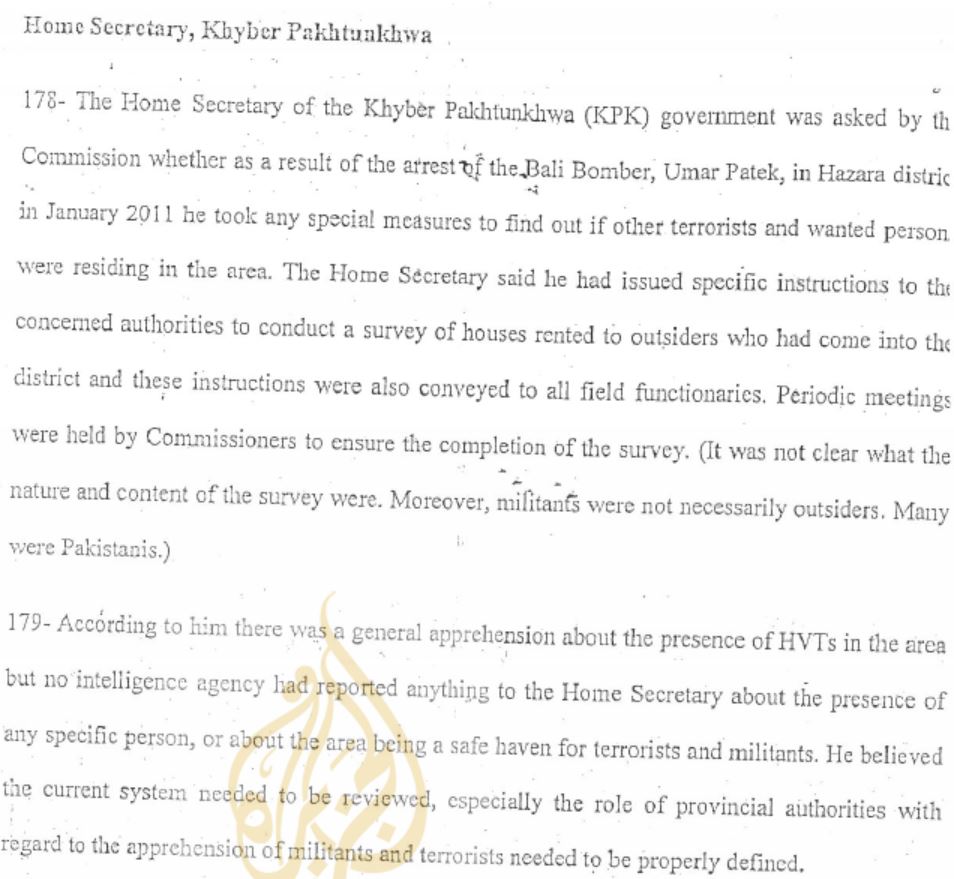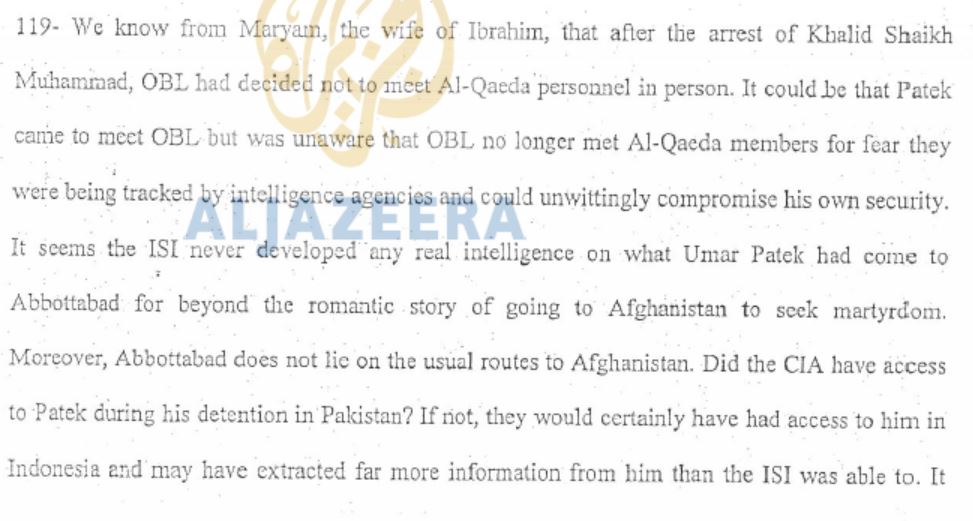CIA, Pakistan Taliban Bring Fighters to Syria…and a Global Polio Emergency
Recall that last fall, Barack Obama spent some time altering the public record on when CIA-trained death squads first entered Syria to move the date from just before the Ghouta sarin attack to just after (while also trying to shrink the size of those first groups). But the US was a month behind Pakistan’s Taliban, who also sent fighters to Syria, ostensibly on the same side as us this time, to fight pro-Assad forces. But while these efforts on the same side in Syria are having little success as Assad remains in power and might even be gaining the upper hand, the work of the CIA and Taliban on opposite sides in Pakistan has produced a devastating result, with the World Health Organization announcing yesterday that it has declared a Public Health Emergency of International Concern over the spread of polio to countries where it previously had been eradicated:
After discussion and deliberation on the information provided, and in the context of the global polio eradication initiative, the Committee advised that the international spread of polio to date in 2014 constitutes an ‘extraordinary event’ and a public health risk to other States for which a coordinated international response is essential. The current situation stands in stark contrast to the near-cessation of international spread of wild poliovirus from January 2012 through the 2013 low transmission season for this disease (i.e. January to April). If unchecked, this situation could result in failure to eradicate globally one of the world’s most serious vaccine preventable diseases. It was the unanimous view of the Committee that the conditions for a Public Health Emergency of International Concern (PHEIC) have been met.
Although fundamentalist Islamic groups have long accused vaccination campaigns, and especially polio vaccinations, of being efforts by the West to sterilize Muslims, the very high profile case of Dr. Shakeel Afridi carrying out a hepatitis vaccination ruse on on behalf of the CIA in an effort to obtain blood samples from Osama bin Laden’s compound in Abbottabad provided a refreshed incentive for attacks on vaccine programs.
Marcy pointed out the stupidity of Leon Panetta’s confirmation that Afridi worked with the CIA in the ruse the day before Panetta’s 60 Minutes segment ran:
Not only does this presumably put more pressure on Pakistan to convict Afridi of treason (he remains in custody), but it exacerbates the problem of having used a vaccination campaign as cover in the first place, confirming on the record that similar campaigns in poor countries might be no more than a CIA front.
I presume someone in the White House gave Panetta permission to go blab this on 60 Minutes; I assume he’s in no more legal jeopardy than Dick Cheney was when he insta-declassified Valerie Plame’s identity.
But shit like this discredits every single claim national security experts make about the need for secrecy. I mean, how are CIA officers ever going to recruit any more assets when the assets know that the CIA director may, at some time in the future that’s politically convenient, go on 60 Minutes and confirm the relationship?
Afridi was eventually sentenced to 30 years imprisonment, not on treason but on other dubious charges and in a shopped venue. And the fallout in Pakistan’s tribal areas from US confirmation of the vaccination ruse was exactly as might be expected: multiple deadly attacks on polio vaccine workers and many new cases of paralyzed children.
While the polio virus circulating in Syria doesn’t appear to have come directly with the Taliban fighters sent from Pakistan, it is indeed a strain from Pakistan’s tribal areas that is in Syria now:
Thirteen cases of wild poliovirus type 1 (WPV1) have been confirmed in the Syrian Arab Republic. Genetic sequencing indicates that the isolated viruses are most closely linked to virus detected in environmental samples in Egypt in December 2012 (which in turn had been linked to wild poliovirus circulating in Pakistan).
WHO is recommending drastic measures, primarily calling for all travelers from Pakistan, Cameroon and Syria to be vaccinated for polio, preferably at least four weeks prior to international travel, but at least at departure if it hasn’t been done earlier. WHO is also calling for increased efforts in vaccinations in countries (Afghanistan, Equatorial Guinea, Ethiopia, Iraq, Israel, Somalia and Nigeria) where the virus is known to be present but from which transmission has not been seen.
So the fears from two years ago on the impact of the CIA’s actions on polio eradication are now met. But keep in mind that it’s not just vaccine programs that were put at risk by this incredibly stupid move. A large alliance of humanitarian groups complained directly to the CIA that all humanitarian groups were put at risk by the move, since the CIA ruse was carried out under cover of a humanitarian organization. Will John Brennan be able to heed this advice?



